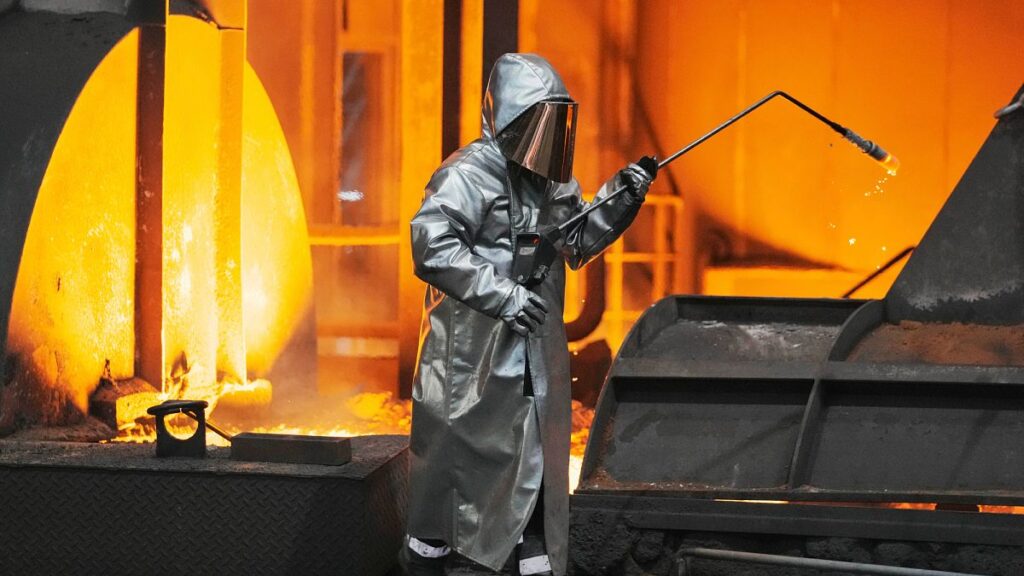Published on
The European Commission announced the selection of 13 projects focused on critical raw materials in countries outside the EU on Wednesday.
The move is part of the implementation of the Critical Raw Materials Act, an EU law that came into force in May 2024, aimed at diversifying the sources of raw material extraction.
The projects aim to reduce dependency on single suppliers, such as China and the US.
They also seek to enhance overall economic security amid geopolitical events, including commercial tensions between the EU and China and the tariffs on steel and aluminium imposed by US President Donald Trump.
The Commission wants to develop 60 such projects before 2030, with the goal of strengthening the bloc’s industrial competitiveness, particularly in sectors such as electric mobility, renewable energy, defence, and aerospace.
“Today’s list of 13 Strategic Projects across the world will help to reduce Europe’s dependencies, contribute to our economic security while creating growth, jobs and export opportunities in the countries concerned,” EU Commissioner for industrial strategy Stéphane Séjourné said during the announcement.
The projects
These initiatives focus on both extraction and processing of key resources.
Graphite supply is being advanced through projects in Ukraine, Norway, Greenland, Madagascar, and Kazakhstan, while nickel and cobalt production is being addressed in Canada, Brazil, and Zambia.
The Jadar project in Serbia targets lithium and boron, and rare earth elements are being sourced from initiatives in Malawi and South Africa.
Additional efforts include copper extraction in Norway, tungsten mining in the United Kingdom, and nickel processing in New Caledonia.
Read the full article here


